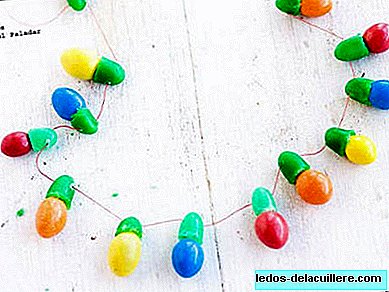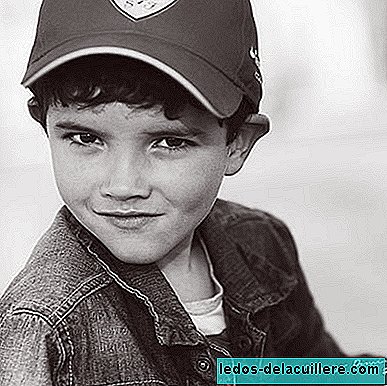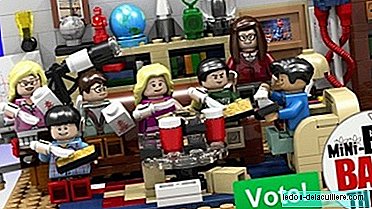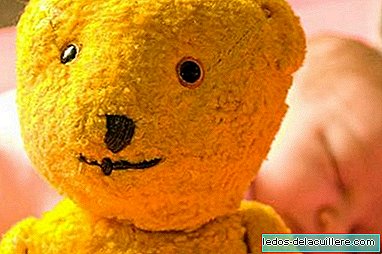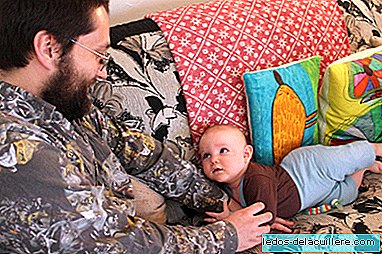
In my work with young children I am used to having sessions in which I am assaulted by questions about why I wear glasses or why elephants have such large ears. I imagine that at home they will continue with this desire to know and that their parents, more than once, will not know how to respond to the infinite questions of his children.
It is after two or three years when children begin to question the things that happen around them and need to satisfy their curiosity about things. In addition, the development of the language that the child has shown during this time will facilitate the ability to ask their questions in a much easier way so that they can be solved.
This stage that all children go through is normal, since it is a way for them to organize their world and understand it a little better. After all, there are many things outside that happen and work in an almost magical way for them, and they need to know the answers in order to continue their explorations.
When our children reach this age they have discovered that language can serve to regulate and control the environment and the world around them. And one of the ways you will find to achieve this is to ask why the things that happen around you and that you fail to understand one hundred percent.
"Why does mom get up soon?", "Why do you have a beard?" or "because it is hot?" These are just some of the infinite questions that I have had to face throughout my career as a speech therapist. After all, when they come with me we are talking a lot of the time, and for them it is the ideal time to assault me with the questions they have had in mind during that day and have not yet been able to ask their parents or, simply, yet They have not got an answer.
The main questions that young children usually ask are made with those who are more special for the child (dad, mom, brothers ...) or on the meaning of the different words that he acquires in his development, whether verbs or names .
As we answer your questions we will realize that most of the time, these questions will be very similar to each other. This is because the little ones not only looking to get an answer in order to learn why something happens or how it works. Many times, children ask questions simply to know if your parents are willing to answer them, for practice with the language skills they are developing or even Check if the answer is similar to what he thinks.
To explain the latter I would like to share with you an experience that happened to me a long time ago, in a session with a little girl. The little girl asked me why the elephants had such a big nose and, for more reasons I could give her, she told me that they were all a lie because she knew that they had her like that so that she could clean the jungle with her.
It is very important to take into account a series of considerations when we are going to answer the concerns of our children, since we must not forget that they are children and that, for them, parents know everything. But, in addition, we should not saturate them with information that cannot be worth them. Therefore, it is very important not to extend too much in our explanations.
We must avoid giving importance to the questions of our children, however simple or basic they may seem to us, since for them they are a whole world. You have to understand what they are asking us to know why they want to know: it may be that such an innocent question as "why do we close the door of the room at night?" hide the fear that someone enters your room while you sleep or you might want to make us see that you do not want to sleep with the door closed.
One way I use to explain some of the questions they ask me is through stories, since they are a very attractive way for them to understand things through a language very close to them and with which they get clear and concise answers to what They are asking me.
And finally, parents should have a lot of patience and consideration when they have to respond to the infinite questions of his children As he grows up, the little one will find other methods in which he does not have to need his parents so exhaustively to find answers to his questions and, little by little, understand the world around him.



